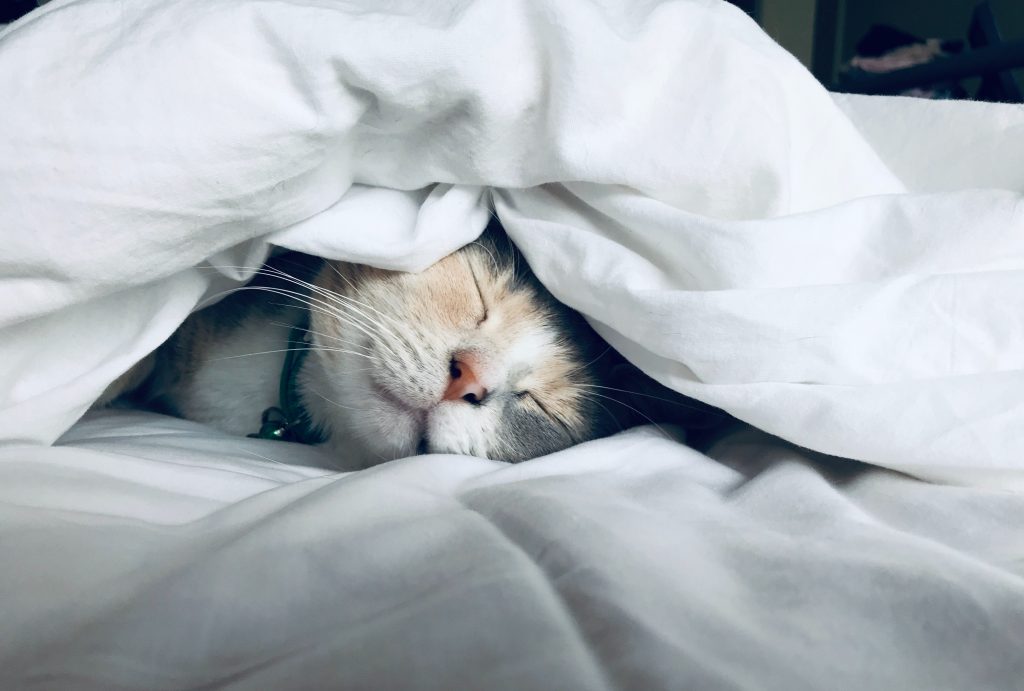

Get rid of the blue light
You might have heard this before, but the blue light exposure from smartphones, TVs and tablets really mucks up your sleep patterns. Because our bodies associate darkness with sleep time, any kind of light disrupts this – but blue light in particular is troublesome because it interferes with the production of melatonin, the sleep hormone. Blackout your bedroom as much as possible and try not to use your smartphone in bed (it’s tricky, we know!)
Keep it consistent
It can be hard to keep wake and sleep times consistent, especially during the weekends, but the more you keep to the same schedule, the better your sleep will be. Even if you have to set an alarm at the same time every morning, you’ll soon find you’re naturally waking up at that time. You might have already been through this when you naturally wake up at 6:00am every Saturday and force yourself to go back to sleep – try avoiding that! If you’ve been going to bed at the same time, this should start to get easier.
Ditch the coffee and alcohol
Even if you’re the kind of person who can have a coffee right before bed and still sleep, you should actually avoid drinking coffee in the evening – you might fall asleep straight away, but the quality of your sleep won’t be as good as you’d like. Although not an obvious form of stimulant, alcohol can also hinder your sleep quality. Like caffeine, it inhibits the REM phase of sleep, the most restful and healthy phase. Avoid drinking alcohol too close to your bedtime too and you might feel a bit of a change!
Change your eating habits
If you’ve ever gone to bed with a really full stomach, you’ll know just how uncomfortable this can be. If you don’t give your body enough time to digest a meal properly, it will be a slower and more troublesome process. Try avoiding heavy meals within three hours of going to sleep to allow enough time for proper digestion. Although dinner is commonly the biggest meal of the day, if you can, make your breakfast the biggest meal so that you’re not feeling as though you need a eat a lot at dinner right before bed.
Remember to breathe
It’s not as though we forget to breathe, it’s just that we forget we’re doing it. If you actually notice your breathing when you’re stressed or when you have a lot of thoughts running around in your head, it’s often a lot faster and not as full. When someone is sleeping, their breathing is usually deep and rhythmic, so in order to fall asleep faster, you can mimic this by taking long, slow breaths. It’s easier than you think and will help to quiet your mind if you’re one of those people who can’t shut down at the end of the day.
Fill out your details below and someone from our friendly team will be in touch soon.
"*" indicates required fields